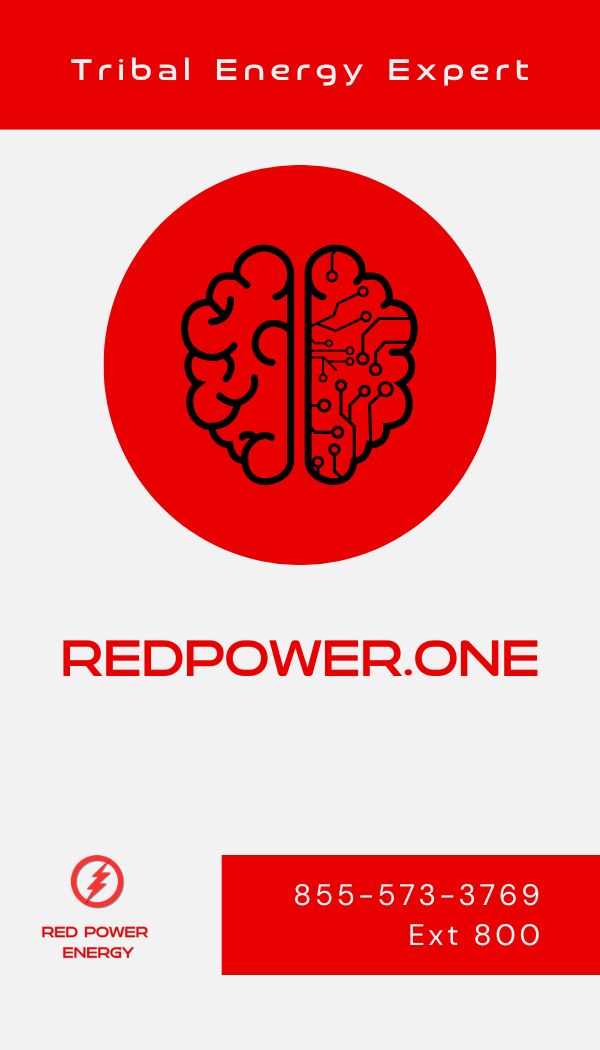Tribal Solar Pre-Development

Tribal Solar Pre-Development Service
- Tribal Solar
- Importance of Solar Microgrids in Native Communities
- Funding Opportunities and Government Incentives
- Tribal Utility Authority
- Tribal Solar Microgrids
- Overview of Tribal Solar Microgrids
- Technical Specifications of Solar Microgrids
- Safety Considerations for Solar Microgrids
- Economic Benefits of Solar Microgrids
- Case Studies of Successful Tribal Solar Microgrid Projects
- Building Community Support for Solar Microgrids
- The Future of Tribal Energy with Solar Microgrids
Tribal Solar Pre-Development, sometimes known as pre-work, is the foundational stage in launching a tribal solar project. This phase encompasses assessing site feasibility, understanding community energy needs, securing permits, and identifying funding sources to ensure that solar initiatives are tailored to meet each tribe’s unique goals and challenges. Proper pre-development planning promotes long-term sustainability, operational efficiency, and alignment with community values.
Pre-development involves detailed site assessments to evaluate factors such as solar potential, climate conditions, and land suitability—key elements that influence system design and energy output. Additionally, community engagement is essential, as it ensures project goals align with tribal values, gathers feedback, and builds support among community members. Addressing environmental regulations and securing land-use permits early on streamlines project timelines and mitigates potential delays.
Economic feasibility is another critical aspect, as pre-development includes analyzing costs and exploring funding sources such as federal grants, tribal resources, and state incentives. Understanding these financial pathways helps ensure that tribal solar projects proceed within budget constraints, making the most of available resources for a sustainable build.
Red Power Energy is committed to supporting tribes throughout this pre-development phase, offering guidance on everything from site assessments to regulatory compliance. By working closely with tribal leadership, Red Power Energy helps create a roadmap that respects cultural values, promotes economic growth, and prepares communities for energy independence.
- Site Feasibility Assessment: Evaluates land suitability, solar potential, and environmental factors, optimizing the system’s design and performance.
- Community Engagement: Involves tribal members in decision-making, aligning the project with local values and ensuring ongoing support.
- Regulatory Navigation: Secures necessary permits and ensures compliance with federal and tribal laws, avoiding potential delays.
- Financial Planning: Analyzes project costs and funding sources to ensure economic feasibility and maximize available grants and incentives.
- Energy Demand Analysis: Assesses community energy requirements to design a system that meets local needs effectively.
- Risk Assessment: Identifies potential project risks, enabling mitigation strategies for a smooth project transition.
- Environmental Considerations: Aligns solar installations with tribal commitments to land stewardship and sustainability.
Other Services
Tribal Solar Pre-Development Articles
- The Future of Tribal Energy with Solar Microgrids
- Technical Specifications of Solar Microgrids
- Building Community Support for Solar Microgrids
- Safety Considerations for Solar Microgrids
- Solar Microgrids and Battery Storage Systems
- Case Studies of Successful Tribal Solar Microgrid Projects
- Planning and Feasibility Studies for Solar Microgrids
- Components of a Solar Microgrid System
- How Solar Microgrids Work
- Importance of Solar Microgrids in Native Communities
- Overview of Tribal Solar Microgrids
- Tribal Solar
We Assist Tribes With A Unique Hybrid Model That Allows Us To Assist Tribes At Any Step Of A Solar Project.
Ready to bring sustainable, cost-saving energy solutions to your community? Contact us today to schedule a free consultation and learn how we can help your tribe achieve energy independence.
Our Team
Meet the Experts Behind Our Success

Richard TallBear Westerman
Director| Tribal Energy

Eli Hopaii
Director | Strategy

Beth Lahaie
Director | Strategy

Alexa Raye
Director | Marketing

Winston Worth
Director | Projects

Castleigh Johnson
Director | Risk Management

RedPower.One
Director | Intelligence

Renewable Energy Potential
Native American lands have the potential to generate more than 17.6 terawatts of solar energy annually—enough to power the entire United States multiple times over.
Why Choose Us
Pathfinding Tribal Sovereignty Futures
At TribalMicrogrids.com, we are committed to empowering Native American communities with sustainable energy solutions that promote energy sovereignty, economic development, and environmental stewardship. Our deep understanding of tribal values and unique energy needs sets us apart, making us the trusted partner for tribes seeking customized solar and microgrid solutions.
Proven Expertise
With years of experience working exclusively with tribal communities, we have a proven track record of delivering successful renewable energy projects. From small residential installations to large-scale microgrids, our expertise ensures that each project is carefully designed, implemented, and managed to meet the specific needs of your tribe.
Innovation and Adaptability
We are dedicated to staying at the forefront of renewable energy technologies. Our team integrates the latest advancements in solar power, battery storage, and microgrid systems, offering cutting-edge solutions that enhance energy efficiency, reduce costs, and provide reliable power, even in remote areas.
Comprehensive Services
We provide end-to-end solutions, from initial consultation and feasibility studies to project management, installation, and ongoing maintenance. Our comprehensive approach ensures that your tribe’s solar project is not only successful but sustainable for the long term.
100% Native Owned, Managed And Controlled
We are proud to be 100% Native-owned, managed, and controlled, offering a deep cultural understanding that aligns our services with your tribe’s values and traditions. Our commitment to tribal self-determination ensures that your community retains full control over its energy future.
Tribal Solar Outcomes
Tribal Solar Outcomes
By engaging with TribalMicrogrids.com, tribal communities can expect to achieve significant, tangible benefits through the development of sustainable microgrid solutions. These projects not only promote energy sovereignty but also create lasting economic and environmental impacts. Our holistic approach ensures that each project aligns with tribal values and cultural considerations, fostering a brighter, more resilient future for your community.

Economic Impact of Solar Projects
Solar energy projects can create up to 5.65 full-time jobs per megawatt of installed capacity, offering substantial employment opportunities for tribes investing in renewable energy.
Gain control over your community’s energy future with reliable, sustainable power, ensuring long-term self-sufficiency.
Your tribe will gain full control over its energy resources, reducing reliance on external power grids and securing a reliable, sustainable energy supply for the future. This independence empowers your community to make decisions that align with long-term goals and values.
Create jobs, stimulate local economies, and reinvest energy savings into projects that benefit the entire community.
Our microgrid solutions contribute to local economic development by creating jobs in areas such as system design, installation, maintenance, and project management. Energy savings can also be redirected toward community development projects, improving overall quality of life.
Protect sacred lands and reduce your tribe’s carbon footprint through clean, renewable energy solutions that align with tribal values.
By transitioning to renewable energy, your tribe will reduce its carbon footprint, protect sacred lands, and promote environmental sustainability. Microgrids help preserve natural resources while contributing to broader efforts to combat climate change and protect the planet for future generations.




